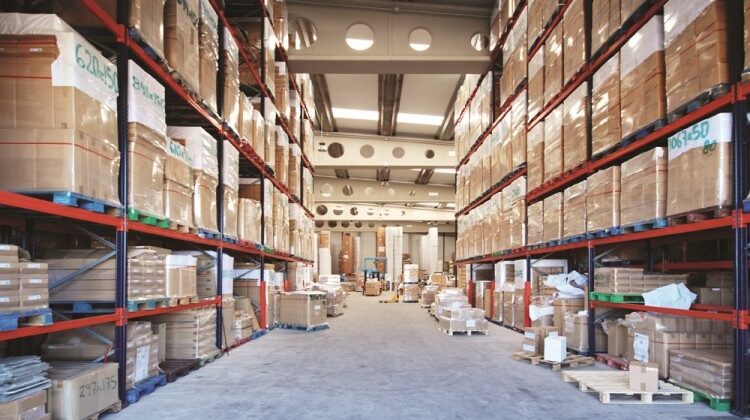
Warehousing sector seeks inclusion under priority sector lending in the upcoming Budget 2023
NEW DELHI : Over the past few years, the warehousing sector has been slowly transitioning from a largely unorganised business to a more formal one. Recent push for the development of the sector has come from the government wherein it has embarked on the development of multimodal logistics parks.
In the upcoming Union Budget for 2023-24, stakeholders from the industry are looking forward to announcements and measures related to goods and services tax, credit availability, reduction in taxes, as well as inclusion under priority sector lending.
“The need for warehousing has grown significantly and outpaced pre-covid levels. As a basis, the sector can be further improved by tying all bank financing to it as a priority sector. Additionally, the government can also speed up the approval procedure for a large logistics park to ensure that the facilities can be delivered quickly and effectively,” said Krishnan S Iyer, Executive Director, NDR Warehousing.
Anshul Singhal, Managing Director at Welspun One Logistics Parks, has called for the government to authorise GST input credit on construction costs to lower warehousing development cost.
“Enabling easier credit availability, initiating a single-window clearance mechanism for speedy completion of on-ground projects, including those that are part of NLP (National Logistics Policy),” said Singhal.
Policies and measures, which will focus on creating a skilled labour force for the warehousing and logistics sector, are also need of the hour, stakeholders say.
“Given the sector employs a large number of unorganized workforce primarily for the driver and helper segment for vehicles, a push towards the creation of a skilled workforce for the sector as well as reforms towards the upliftment of livelihood of the workforce is also a need of the hour,” said Suprio Banerjee, Vice President & Sector Head – Corporate Ratings, ICRA Ltd.
Reforms, policy measures around tax provisions are also on the wish list of the sector.
“Reducing taxes or tax breaks on equipment and technology used in logistics will allow companies to invest more in improving fleet and related infrastructure,” said Nayan Ratandhayara, Co-Founder and Chief Executive Officer, Shipyaari.
“..the inclusion of fleet owners under the GST, would help them save up to 10% of their costs incurred towards new fleet, tyres, etc. Bringing diesel under the purview of GST has been mulled over, but this step can further lower costs up to 7-8% for fleet owners,” said Nitish Rai, Chief Executive Officer and Co-Founder, FreightFox.
Aiding the sector in adoption of digitisation and technology, such as Internet of Things, Artificial Intelligence and incentives for the same have been sought.
“The government must look at incentivising logistics players that want to adopt artificial intelligence, Internet of Things, automation, and big data,” said Gautam Kumar, Chief Operating Officer and Co-founder, FarEye.
JB Singh, Director at MOVIN Express Ltd, highlighted that the National Logistics Policy has made tremendous progress in utilizing platformization and the power of digital transformation to dismantle industry silos and it is anticipated that the upcoming union budget will advance it by strengthening the framework for its successful execution and help in lowering logistics costs.
Nisschal Jaain, Founder and Chief Executive Officer at Shypmax, outlined that the Indian e-commerce logistics sector is expecting some clarity on the de-minimis (threshold) value.
“In the 2022-23 Budget, implementation of a simplified regulatory framework to facilitate export of jewelry through e-commerce was introduced however it was limited only through Express Cargo Clearance System at ICT (International Courier Terminal) Mumbai, ICT Delhi and ICT Jaipur, according to Central Board of Indirect Taxes and Customs SoPs. Stakeholders are awaiting more details on the same from the upcoming budget,” said Jaain.

